Leading European film commissioners and producers discussed the combined creative offer of the UK and mainland Europe for attracting international productions, in a British Film Commission (BFC) and Screen International roundtable in Cannes (May 17).
The participants were Christiane Krone-Raab, head of Berlin Brandenburg Film Commission; Daphné Lora, head of film France — CNC; Ildiko Kemeny, CEO of Hungary’s Pioneer Stillking; Libbie McQuillan, deputy CEO of Screen Ireland; Meghan Beaton, chief executive of the Norwegian Film Commission; Juan Manuel Guimerans Rubio, secretary general of Spain Film Commission; and Samantha Perahia, head of production UK at the BFC.
Adrian Wootton, CEO of BFC, hosted the event, which was chaired by Screen International’s Europe editor Tim Dams.
Each speaker explained the incentives, infrastructure, crews and locations offered by their territory to international productions, and explored the economic and employment impact of the inward investment shoots on a national and regional level.
Many national governments are investing heavily in their creative industries. For example, France has a $380m (€350m) The Great Image Factory initiative to bolster its studios, VFX and talent offer, while Germany is also working on reforms to its incentives. The panel also discussed the growing trend for international productions to treat the UK and mainland Europe as one big creative hub, basing themselves in one country and travelling to other territories for location shoots or VFX work.
Perahia cited soon-to-be-published BFC research that examines the wider beneficial impact to mainland Europe of productions based in the UK. She said the UK had proved a big draw for international productions thanks to its crew, facilities and incentives. “But we are exponentially more helpful, useful and valuable if we are recognised as a great partner for the rest of Europe, and a great jumping-off point for the rest of Europe,” she said.
For example, the UK and Spain had worked closely to facilitate the production of Hugo Blick’s western TV series The English — starring Emily Blunt and Chaske Spencer — during the Covid period, and with Norway on Mission Impossible and James Bond films. “They will shoot at Pinewood Studios and do their snow and ice scenes over in Norway,” said Perahia of the US studios.
HBO’s House Of The Dragon was based in the UK’s Leavesden Studios, and did VFX work in France. Poor Things filmed and did some VFX in Hungary, travelling to the UK for further effects work — and qualifying for each country’s tax incentives.
“Poor Things had a Greek director, Bafta and Oscar-winning British, Hungarian and Irish crew,” said Perahia. “That is the epitome of how the UK works successfully, with the US as a studio behind it.”
Focusing specifically on big-budget international productions, Spain’s Rubio said it was almost impossible to shoot everything in a single country, and it was often more efficient to maximise incentives by filming in a number of territories. He also emphasised the commonalities that make the UK and mainland Europe an attractive destination, noting that European crew and talent shared a “European way” of producing content that was familiar to US shoots.
The UK production sector enjoyed record levels of inward investment after the Covid restrictions lifted and was therefore relatively harder hit by the slowdown caused by last year’s strikes. Film France’s Lora said, by comparison, France did not suffer as much as some countries because of its strong homegrown industry, which enjoys high levels of support from the government.
Most speakers were cautiously optimistic about the outlook for the rest of 2024 and into 2025. “We are now completely back to normal,” said Hungary’s Kemeny. “Lots of productions are coming in, reading scripts, budgeting, putting location pitches together or studio possibilities.”
Others said there was less demand from the streamers, but that momentum was picking up in a meaningful way.







![The Brightest SunScreen[Courtesy HKIFF]](https://d1nslcd7m2225b.cloudfront.net/Pictures/274x183/3/5/0/1448350_thebrightestsunscreencourtesyhkiff_312678.jpg)











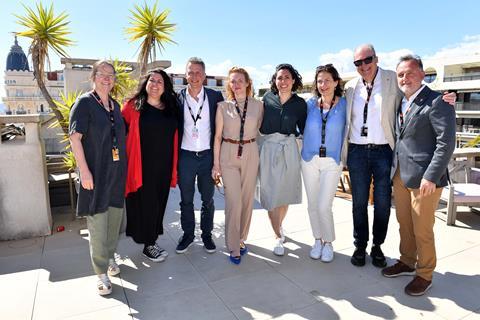
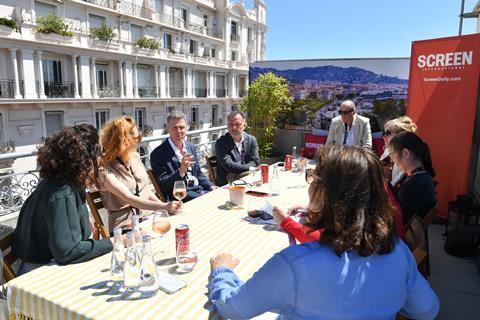
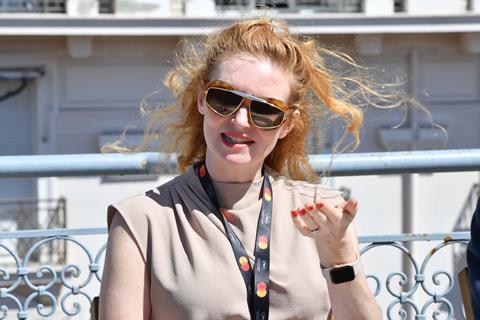
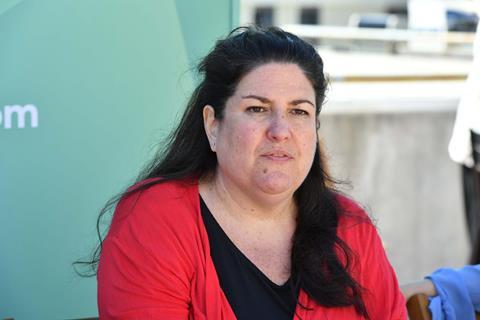
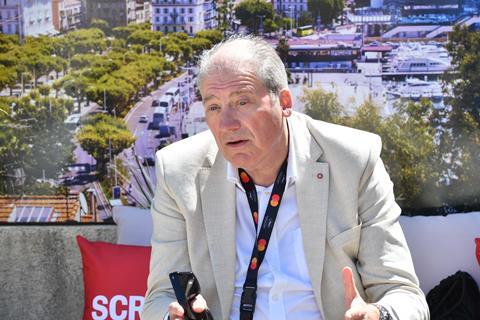
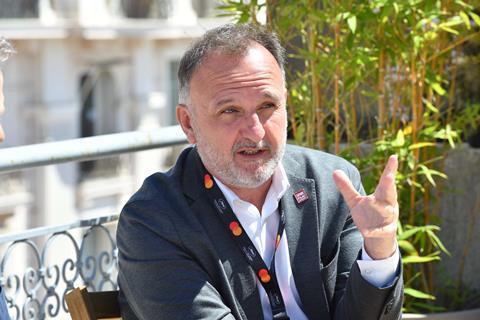
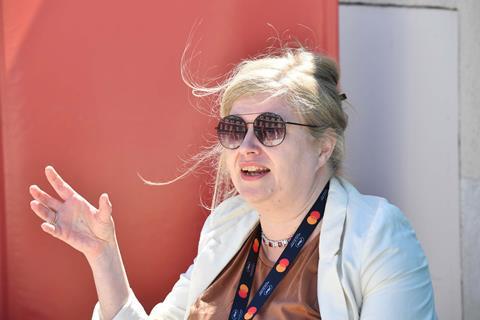
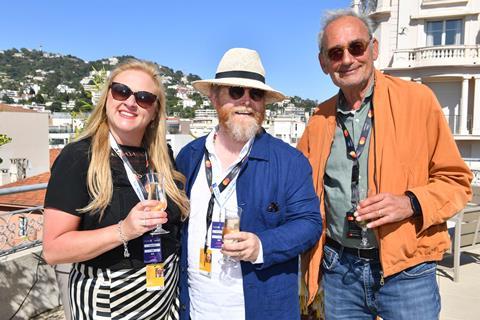
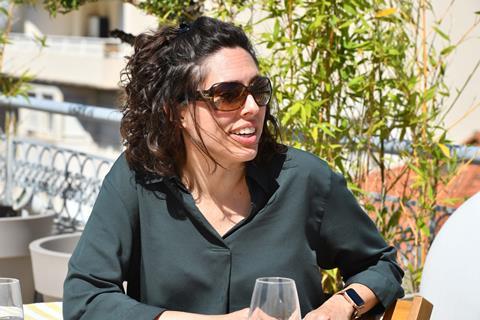
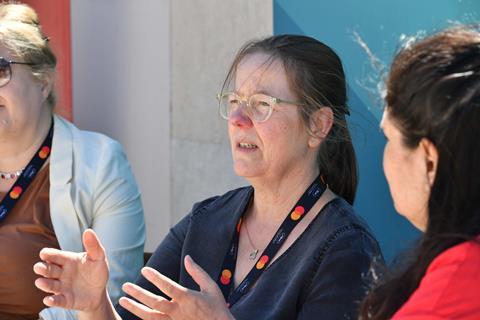
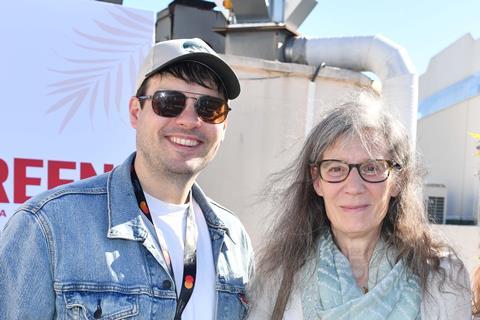






No comments yet